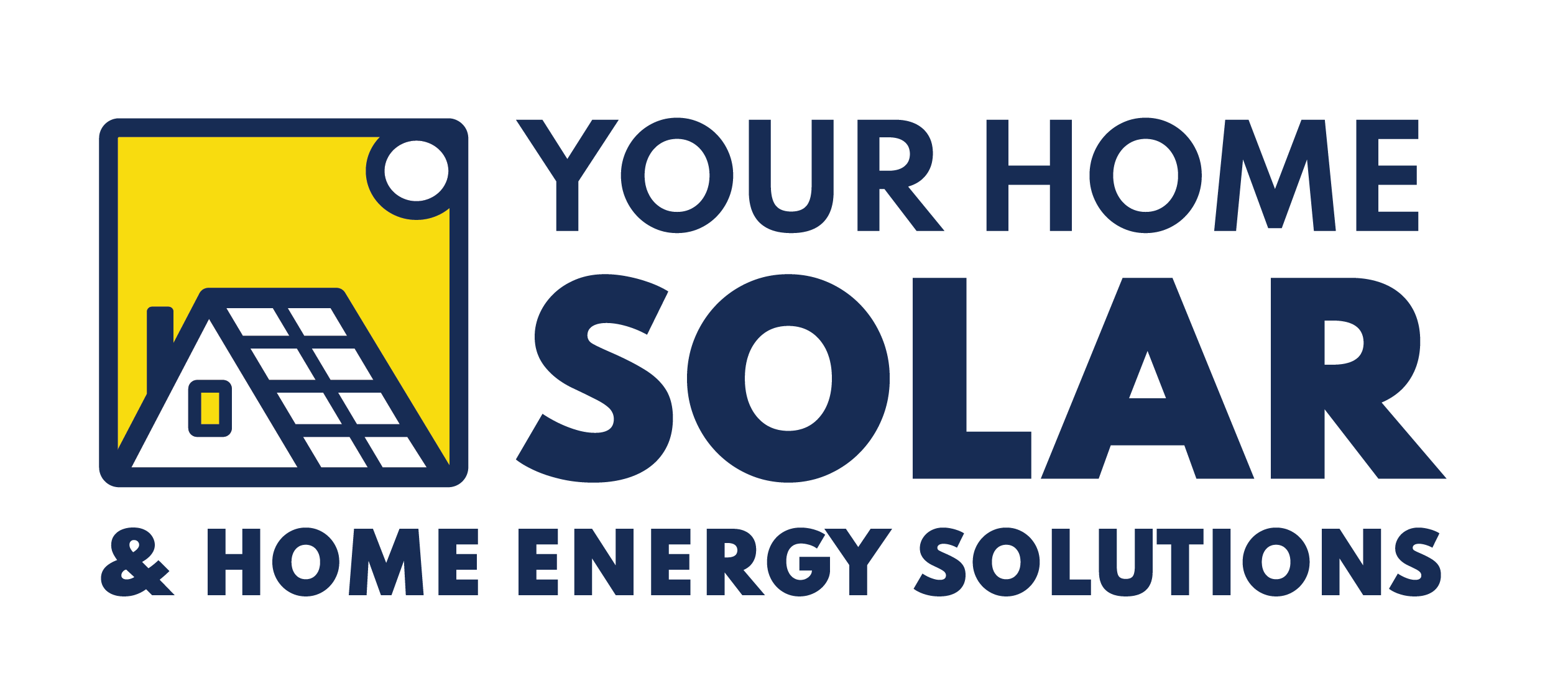In today's world, the idea of living off the grid is becoming increasingly appealing. With the rising costs of electricity, concerns about environmental sustainability, and the desire for greater independence, many people are exploring alternative ways to power their homes. Solar energy stands out as a viable and effective solution for those looking to disconnect from traditional utility services and embrace a self-sufficient lifestyle. Here’s how solar energy can make off-grid living possible.
Understanding Off-Grid Living
Living off the grid means being independent of the public utility grid. It involves generating your own electricity, managing water supply, and often growing your own food. For electricity, solar power is one of the most efficient and sustainable methods. With the right setup, you can produce enough energy to meet your household needs without relying on external sources.
Solar Energy Systems for Off-Grid Living
An off-grid solar power system typically consists of solar panels, a battery storage system, an inverter, and a charge controller. Here’s a breakdown of each component:
- Solar Panels: These capture sunlight and convert it into electricity. The number of panels you need depends on your energy consumption and the amount of sunlight your location receives.
- Battery Storage: Since solar panels only generate electricity during the day, you’ll need batteries to store excess energy for use at night or on cloudy days. Modern battery systems are highly efficient and can store enough power to keep your home running smoothly.
- Inverter: This device converts the direct current (DC) electricity produced by solar panels into alternating current (AC), which is what most household appliances use.
- Charge Controller: This regulates the voltage from the solar panels to ensure that the batteries are charged correctly and not overcharged, which can prolong their lifespan.
Benefits of Going Off-Grid with Solar Energy
- Energy Independence: One of the primary benefits of off-grid living is independence from utility companies. You control your energy production and consumption, reducing your reliance on external sources.
- Environmental Impact: Solar energy is a clean, renewable resource. By using solar power, you reduce your carbon footprint and contribute to a more sustainable environment.
- Cost Savings: While the initial investment in solar technology can be significant, it pays off in the long run. You save on monthly utility bills and avoid the rising costs of electricity.
- Reliability: With a well-designed off-grid system, you can have a reliable source of power even in remote locations or during power outages that affect the grid.
Steps to Transition to Off-Grid Living
- Assess Your Energy Needs: Calculate your household’s energy consumption to determine the size of the solar power system you’ll need. This includes considering all appliances, heating and cooling systems, and other electrical devices.
- Site Evaluation: Evaluate your property to determine the best location for solar panels. This usually involves considering factors such as sun exposure, roof angle, and available space.
- System Design and Installation: Work with a professional solar installer to design a system tailored to your needs. They will handle the installation, ensuring everything is set up correctly and safely.
- Maintenance and Monitoring: Regular maintenance is essential to keep your system running efficiently. Many modern systems come with monitoring capabilities that allow you to track energy production and consumption in real-time.
Conclusion
Living off the grid with solar energy is an achievable goal for many homeowners. It offers the benefits of energy independence, environmental sustainability, and long-term cost savings. By investing in a robust solar power system and making the necessary preparations, you can enjoy a self-sufficient lifestyle and contribute to a greener planet. If you’re considering making the switch, contact Your Home Solar to learn more about how we can help you transition to off-grid living.

